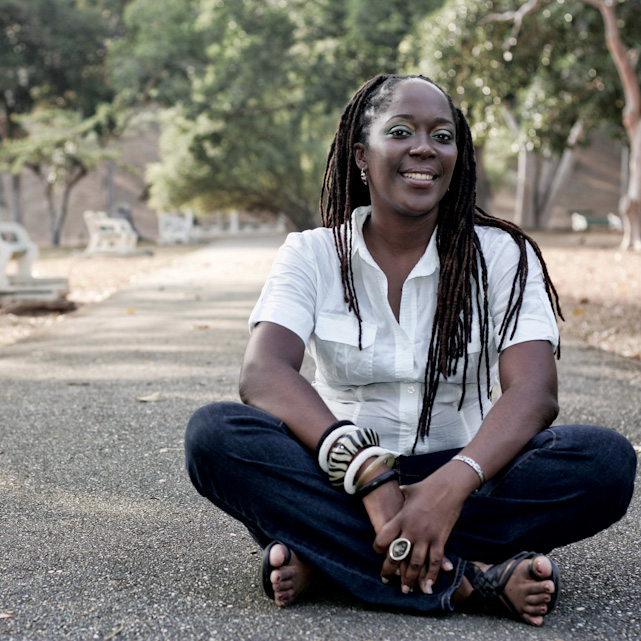Our newest teaching fellow cohort brings deep experience in design, ocean science and international policy. The d.school teaching fellowship is a 12 month program aimed at developing excellence in the experiential teaching and learning of design as related to critical interdisciplinary challenges. In 2018-2019, the fellowship is co-hosted with Stanford's Center for Ocean Solutions.
Article edited January 21st, 2019. Originally published on September 5th, 2018.
“When two waves meet each other in the ocean, crest to crest, their amplitude doubles. When two disciplines meet each other at the d.school…we aim to at least match the laws of physics. Here’s to a new collaboration!”
Fellows will work together to co-develop and teach a course on Design for the Oceans and explore opportunities at the intersection of these disciplines – with an eye out for other domains as well. They’ll build new methods, create artifacts and participate in a range of projects with the broader d.school and Center for Ocean Solutions communities.
The 2018-2019 cohort includes:
Kevin Chand
Kevin Chand recently served as an oceans and environmental legal advisor to Small Island State missions to the United Nations in New York, under a Stanford Law School International Public Interest Fellowship. Before moving to the US, he worked at a Fiji-based law firm, Siwatibau and Sloan, as an environmental lawyer. He and a partner at the firm created a branch of the firm that handles oceans law and policy instructions. As part of this work, he delivered regular legal bulletins focusing on ocean issues. This pivot to oceans was in large part due to his interest and passion for oceans-related work. Kevin has an LLM from Stanford Law School, a Masters in Environmental Management from the University of Queensland and a law degree from the University of the South Pacific.
Lesley-Ann Noel
Lesley-Ann Noel recently completed her PhD in Design at North Carolina State University. Her PhD research focused on design thinking at a rural primary school in Trinidad and Tobago. Lesley-Ann is a former Fulbright Scholar and also a lecturer at the University of the West Indies, St. Augustine Campus in Trinidad and Tobago. In her professional practice, she draws on the fields of design, anthropology, business and education to create product development and business strategy with stakeholders. Her research practice is guided by an emancipatory philosophy. She focuses on developing design curriculum for non-traditional audiences, and promoting the work of designers outside of Europe and North America. She has exhibited work at design exhibitions in Trinidad & Tobago, Jamaica, Brazil, Germany, France and the USA. She has presented peer-reviewed papers at design conferences in the Caribbean, the US, the UK and India.
Erika Woolsey
A Bay Area native, Dr. Erika Woolsey is a marine biologist, ocean educator, and National Geographic Explorer. She conducted most of her research on the Great Barrier Reef in Australia where she investigated how warming oceans impact coral reefs. Erika is dedicated to translating scientific discovery into public understanding. She is CEO of The Hydrous, a nonprofit that combines science, design, and technologies like virtual reality and photogrammetry for ocean education.
Eager to share marine environments with everyone, Erika is a divemaster, a kayak guide for people with disabilities and underserved youth, a volunteer diver at the California Academy of Sciences, and is currently developing a 360º/ virtual reality experience with Hydrous to generate awareness and scientific understanding of threatened marine ecosystems. Erika received her Ph.D. from James Cook University and the Australian Research Council Centre of Excellence for Coral Reef Studies, her Masters of Applied Science in Coastal Management from the University of Sydney, and studied Biology and Art History at Duke University.
“With two disciplines as dynamic and intricate as design and oceans, we have a deep excitement for the potential to explore their intersection in the coming year. Each Fellow brings a unique and elaborate story to the teaching cohort, making the opportunities seem boundless.”
The fellows will be diving into several key questions over the next 12 months, including:
How can we deepen the design domain by applying it toward critical ocean challenges?
How can future ocean leaders gain value from design?
What are new discoveries that emerge where design and oceans intersect?
And that's just the beginning.



